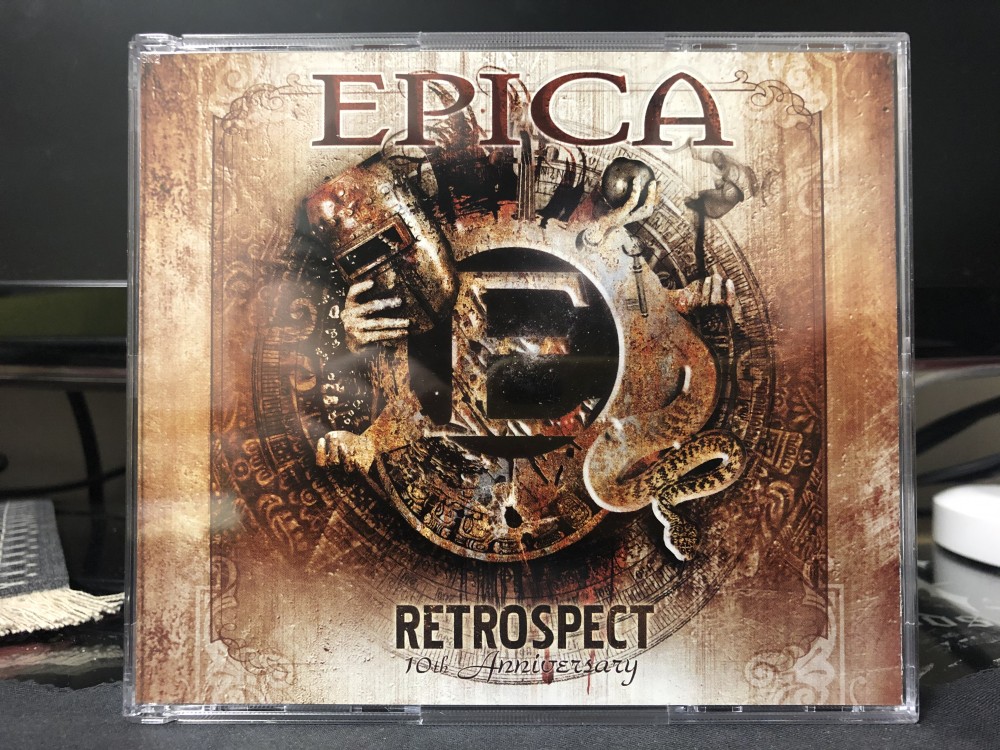

The amazing thing is that they were never bored. The tablecloth was always spotless and crisp, the lampshade above it dusted, the parquet shining and swept. What dishes, utensils, clothes, linen we had were always clean, polished, ironed, patched, starched. They simply tried to make the best of everything: to keep food on the table-and whatever that food was, to turn it into a meal to make ends meet-and although we always lived from payday to payday, to stash away a few rubles for the kid’s movies, museum trips, books, sweets. They took everything as a matter of course: the system, their powerlessness, their poverty, their wayward son. I leaned toward her (I was already a good deal taller) and asked what the woman had said, and my mother replied, staring aimlessly ahead: “She knows she is dying and was crying into the phone.” And, once, I remember her on the phone talking to some distant friend of hers who I was told was ill: I remember my mother emerging from the telephone booth on the street, where I was waiting for her, with a somewhat unfamiliar look in her so familiar eyes, behind her tortoise-shell–rimmed glasses.

The closest my mother would ever come to uttering something of the sort would be when she would say, pointing to an extremely delicate set of china: “This will become yours when you get married or when…,” and she would interrupt herself. They would simply grumble, or complain to no one in particular about their aches, or discuss at length some medicine or other. Even then, they wouldn’t talk about themselves and death in the way that terrifies a listener or prods him to compassion. In general, they were not highly selfaware, except when they grew old and malaises started to beset them. I guess they considered themselves lucky, although they never said as much. All three of us survived the war (and I say “all three” because I, too, was born before it, in 1940) my parents, however, survived the Thirties also. So we should have considered ourselves lucky, especially since we were Jews. Some of them couldn’t even afford to have the father alive or present: great terror and war took their toll in big cities, in my home town especially. The time was after the war, and very few people could afford more than one child. A family, a typical Russian family of the time. There were three of us in that room and a half of ours: my father, my mother, and I. I suppose I want to keep things the way they were in our family, now that I am what’s left of it. Still, if I don’t tread these broad Canadian-maple floorboards in my socks, it’s neither because of this certitude nor out of an instinct for self-preservation, but because my mother wouldn’t approve of it. The odds of that merger are small, and that is what distinguishes electronics from superstition.

The only death in the family I can now incur is presumably my own, although that would mean mixing up transmitter with receiver. Now I can walk around in my socks to my heart’s content, for I have no relatives on this continent. I stand on the Atlantic seaboard: there is a great deal of water separating me from two surviving aunts and my cousins: a real chasm, big enough to confuse even death. And although some of them were deep enough for the passage of seagoing ships, death, I thought, would find them shallow, or else, in its standard underground fashion, it could creep across under their bottoms. Even living on the other side of the river, where I would subsequently rent an apartment or a room of my own, didn’t constitute an excuse, for there were too many rivers and canals in that town. No matter what the distance, it was the same ground. The parquet’s affinity with wood, earth, etc., thus extended in my mind to any ground under the feet of our close and distant relatives who lived in the same town. And that if one were old and frail, the consequences could be disastrous. Yet I thought that, indeed, one could easily slip and fall on a polished parquet, especially if one wore woolen socks. Men’s feet smell, and that was the pre-deodorant era.

Of course, it might be that she simply regarded this habit as uncivilized, as plain bad manners. Admonishing me about this matter, she would evoke an old Russian superstition it is an ill omen, she would say, it may bode a death in the family. She insisted on our wearing shoes or slippers at all times. The room and a half (if such a unit of space makes any sense in English) in which the three of us lived had a parquet floor, and my mother strongly objected to the men in her family, me in particular, walking around with our socks on.


 0 kommentar(er)
0 kommentar(er)
